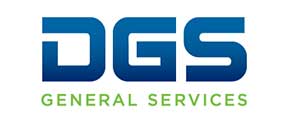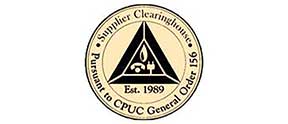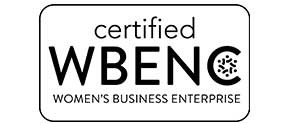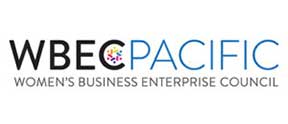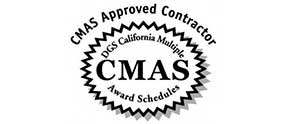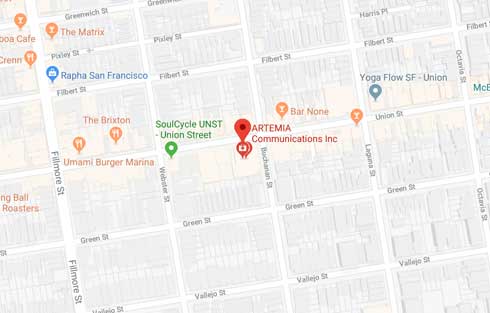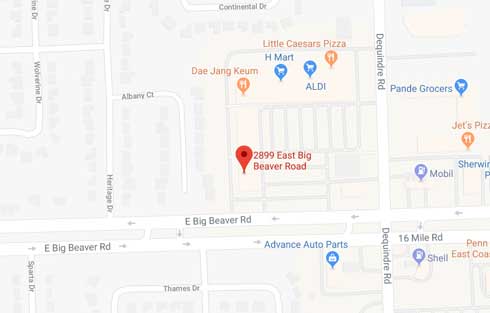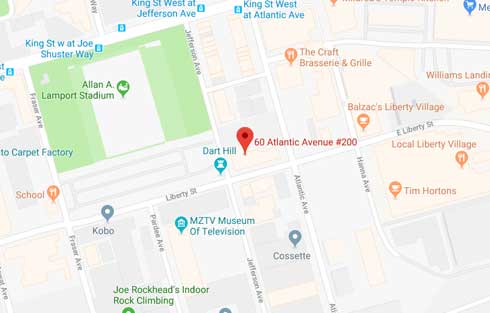BLOG CATEGORIES
SUBSCRIBE
FOR LATEST UPDATES
Sign up for our monthly newsletter with our latest offers,hot blogs and much more !


JOIN US
FOR CALL
Lets chat via skype to discuss your questions concerns, and project needs
TRENDING NOW
Recycling Water: 5 projects that will save millions of gallons
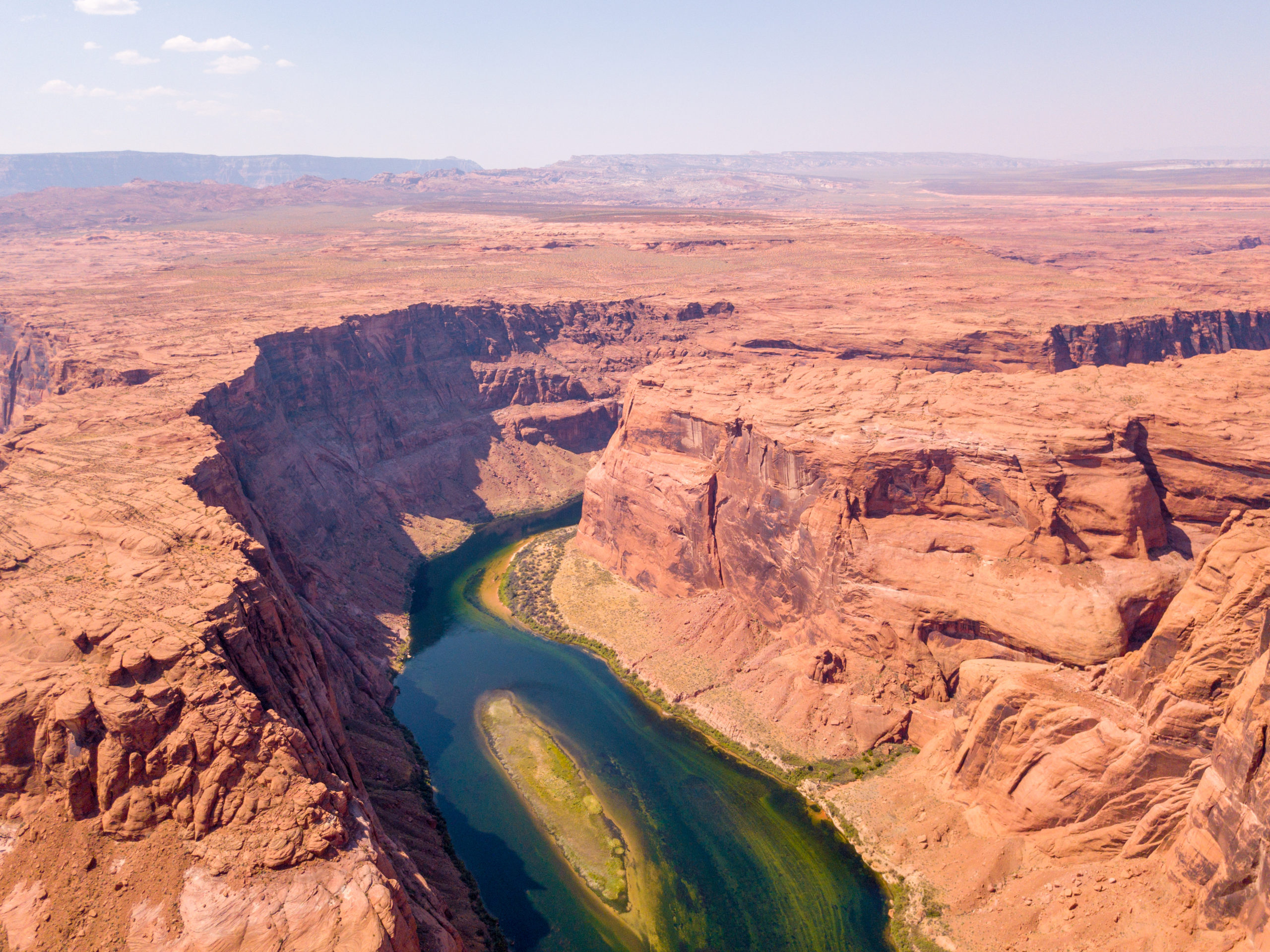
Throughout 2021, we have been emphasizing the need to take action in combating the looming global water crisis. In our part five of our series on Corporate Water Efficiency we covered how recycling water can reduce energy use and help your company save money. Now there are new initiatives are in place to support water reclamation projects.
Recently, Congress passed a $1.2 trillion infrastructure deal, with $8 billion dedicated to “western water projects,” to help drought-stricken areas such as California, Colorado and Nevada. Of that, $1 billion has been earmarked specifically for water recycling projects.
Research shows that efforts to increase water reuse are growing globally. California alone is home to numerous initiatives and partnerships working to change the way the world (re)uses water and create more drought resiliency. Here are some of them:
Historical Bay Brewery Adds to Legacy
The San Francisco Public Utilities Commission offers funding through its Onsite Water Reuse Grant Program; a total of $2.25 million funds have been awarded resulting in an annual water savings of nearly 38 million gallons. Recently, an initiative was announced by SFPUC, Mayor London Breed, Cambrian and the city’s historical Anchor Brewing Company to lower the brewery’s water consumption through reuse efforts. The brewery is the city’s oldest and is a designated “Legacy Business.” Now it has made history again with the largest commercial water reuse project that has ever occurred in San Francisco.
According to Water Technology Online, a brewery generally uses 5-7 gallons of water to produce a single gallon of beer. Much of the water is used to rinse bottles and clear equipment; that is known as “process water” and can be collected and reused on site. The project will save more than 20 million gallons of water each year – equal to the use or about 1500 San Franciscans.
Are you looking for assistance brainstorming ideas about alternative water resources or interested in creating a water efficiency plan? We are happy to help! Please call us at (415) 351-2227 or email service@artemia.com
San Diego Aims for Less Outsourcing
According to Sierra Club, water officials in San Diego have spent the last decade working on technology to reduce its reliance on outside sources. Currently, 85 percent of its water supply is imported from the Colorado River and Northern California. In fact, only eight percent of the city’s wastewater from homes and businesses is recycled. The rest is treated and is discharged into the ocean. Officials hope that Pure Water San Diego, a multi-year wastewater-to-drinking water initiative, will change that.
The goal is for 40 percent of the city’s water to be locally supplied by 2035. To do this, they say, two facilities will be able to produce 83 million gallons of potable water a day. A pilot facility being used to test the initiative’s technology has been successful thus far, with the city producing an average of 1 million gallons of purified drinking water each day. According to officials, more than 50,000 water quality confirmed the water meets all state and federal drinking water standards. This project is the largest integrated infrastructure program the city has taken on. Phase one of the program, which includes planning, design and construction, will cost about 1.5 billion and is currently underway.
Soquel shoots for 490 million gallons a year
The Soquel Creek Water District is carrying out an initiative similar to that above called PUREWater Soquel. The project will reduce over-drafting and protect against seawater intrusion, which occurs when groundwater levels are too low, allowing seawater to invade aquifers. This is critical because groundwater is the sole water source for over 40,000 residents living in the district.
In October 2021, the board of directors approved the next phase of the project, which is a component of the region’s Groundwater Sustainability Plan. The project is expected to be complete in 2023 and will produce up to 1,500 acre-feet of purified water
Purifying the San Fernando Basin
Efforts to increase drought resilience are also underway in southern California. In 2019, Los Angeles Mayor Eric Garcetti set goals to reduce the city’s dependence on imported water, with the ultimate goal of 100 percent water recycling at the city’s four reclamation plants by 2035. LA Sanitation and Environment’s (LASAN) plants currently provide a combined capacity of 580 million gallons of recycled water each day that is used for various purposes including saltwater intrusion barriers and urban irrigation.
Recently, the Environmental Protection Agency announced that LASAN received a $224 million loan to put toward a water purification project that will replenish San Fernando Basin and its aquifers. The funding is part of the Water Infrastructure Finance and Innovation Act. The Donald C. Tilman Advanced Water Purification Facility will purify 15.5 million of wastewater each day. Additionally, the project, set to be completed in 2027, will create an estimated 1400 jobs.
Southwestern States Teaming Up
On a larger scale, states are coming together to combat drought conditions. In October 2021, water agencies in Southern California and Arizona entered into an agreement to advance plans for one of the largest water recycling plants in the US. The Metropolitan Water District Board of Directors, The Central Arizona Project and the Arizona Department of Water Resources aim to restore balance to the Colorado River. Metropolitan formed a similar partnership with the Southern Nevada Water Authority earlier this year.
If the $3.4 billion project is fully developed, it will produce up to 150 million gallons of recycled water a day, enough to serve half a million homes. The feasibility of the project’s development will be determined by the environmental planning process which began last year. This work is expected to take about three years with a cost of $30 million.
Those involved say the agreement reinforces their commitment to conservation efforts in the Colorado River Basin and will play a role in the creation of new operating guidelines for the river. The current guidelines will expire in 2025.
Beyond the West Coast
Water recycling efforts are not unique to California – globally, water-related legislation is increasing and so are initiatives led by businesses. Those who incorporate recycled water into their operations are more sustainable overall and see a noticeable reduction in costs as a result of their actions. For those in the U.S., the infrastructure deal could be a sign that now is the right time to make the change.
As an ISO 14001 certified and TL 9000 compliant business, we know sustainability. We’d love to assist you in setting your goals and developing your sustainable practices. Please get in touch by calling 415-351-2227 or sending an email to service@artemia.com.
Check out our series on incorporating water efficiency policies for updating or establishing corporate sustainability goals. Read parts one, two, three, four, five and six.
You can get the latest blogs, podcast episodes and other news straight in your inbox. Please fill out the form below to subscribe to our newsletter.
see more...

CES 2021: Some of our favor...
CES has a special place in our hearts because we’ve helped founders and exec...
LEARN MORE
Cryptocurrency may be less ...
The conversation around cryptocurrency has gotten increasingly louder, particu...
LEARN MORE
Cybersecurity and COVID-19
The RSAC 365 Virtual Summit took place today, featuring presentations on the l...
LEARN MORE
